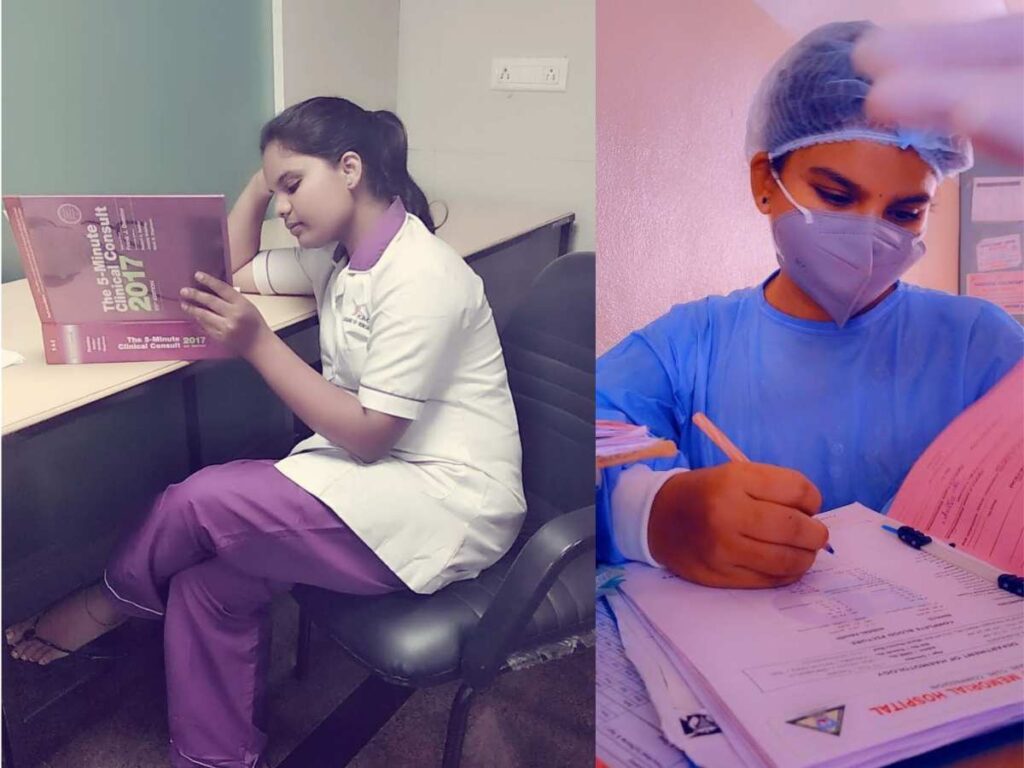Hyderabad: Shruthi (name changed) was just a child born in an underprivileged household when she lost her father. Her step-father got her married when she was just 14. Her husband turned out to be highly abusive. “He used to stuff a cloth inside my mouth and beat me up so I couldn’t scream for help,” she recalled with unease.
Call it the divine intervention or her strong determination, today, in her late 20s, Shruthi is pursuing masters degree in the US.
One day, after fleeing from her husband’s house, Shruthi approached the police for help. A case was filed and the marriage was deemed illegal since she was a minor. Having nobody to take of her now, Shruthi was referred to Aman Vedika, an NGOs that admitted her in one of their “Rainbow Homes”.
At Medibaavi in Sitaphal Mandi, where a government primary school building was converted into a residential school, Shruthi found a ray of hope.
She wasn’t alone. Victims of mental and physical abuse, children forced into labour, abandoned children, those who ran away from their homes, and those who had seen unimaginable gory scenes such as their parents being murdered, were housed at the facility. Aman Vedika, in collaboration with many other NGOs, has been running 14 such schools in Hyderabad since 2008.
Climbing the ladder
A bridge course was introduced through Sarva Shiksha Abhiyaan (SSA) under the UPA regime helped put these underprivileged children back on the track to pursue education and career.
It was a two-year programme in which out-of-school children were taught various subjects just enough to be promoted to the class where their educational standards fit into.
For instance, Shruthi was put in seventh class after taking the course for three months, and within a year she was promoted to ninth class. She completed SSC and after graduating with a degree, Shruthi joined Accenture as a content management reviewer. After saving enough money to study abroad, she went to US to pursue an MS in business intelligence analytics.
Speaking with Siasat.com over phone, she says she wishes to work in business and data analytics after graduating next semester.
Aspirations realised
Another young girl Sravani was an orphan, who worked as domestic helper. After she was rescued and lodged in the Rainbow Home, she was able to complete her class 10, after which she took BiPC in intermediate.
“Though I left the facility after tenth class, I was still receiving help from the network of NGOs. They provided books, coaching and other means to study,” she tells Siasat.com.

Having studied BSc in nursing and midwifery, she appeared in exams for the recruitment of nursing officers, and finally she was able to make it. She was among 6,956 nursing officers who received their joining letters from Chief Minister A Revanth Reddy at LB stadium four months ago. She is now posted at the Government Maternity Hospital, Petlaburj.
Emerging strong despite hurdles
These ‘Rainbow Homes’ produced police personnel, IT employees, social workers, hospitality professionals and skilled workers in various fields, as around 300 children graduate from these 14 facilities every year.
Initially, the funding used to come from Sarva Shiksha Abhiyan, but after the formation of Telangana, due to the division of employees between the two states, the scheme’s implementation was diluted. Adding to it was the onslaught of NDA government, which imposed restrictions in seeking foreign contributions to run these homes.
Despite being cash-strapped, due to the contributions from the civil society, these schools have stood the test of time. Some of these NGOs in the network had to deal with the internal economic sanctions with regard to obtaining foreign contributions.
Other than regular education, during the summer, vacations camps are conducted for children to teach them skills like art and craft, dance, theatre, singing and martial arts to name a few.
Presently, Aman Vedika is also running community learning centers in the slum areas of Bojagutta, Sitaphalmandi and Bansilalpet, and four more locations, where they offer after-school tuitions and other activities to children who come from the disadvantaged sections in the slums.
By forming parents’ groups and child protection committees in those slums, Aman Vedika is trying to help improve the quality of life in the families of these children.
“With this initiative, we are not only educating the children living in the slums, but are also able to address any issues in the families of the children, such as domestic abuse and so on. That is when the committees intervene and ensure the safety of the children in those households,” Swapna, a teacher in Medibavi community learning center tells Siasat.com.
Yellaiah, who is in-charge of Aman Vedika’s Rainbow Homes project, feels that the bridge programme which is not being implemented now, when combined with the residential home setup, has yielded great results. He recollects the initiative of rainbow homes finding its place in the national policy document of SSA before 2014.
While the “Beti Bachao Beti Padhao” has merely been a slogan in the last ten years, committed NGOs like Aman Vedika and other similar organisations have been making the unimaginable happen, going beyond rescuing and offering education to children, but also grooming them to become good citizens.







